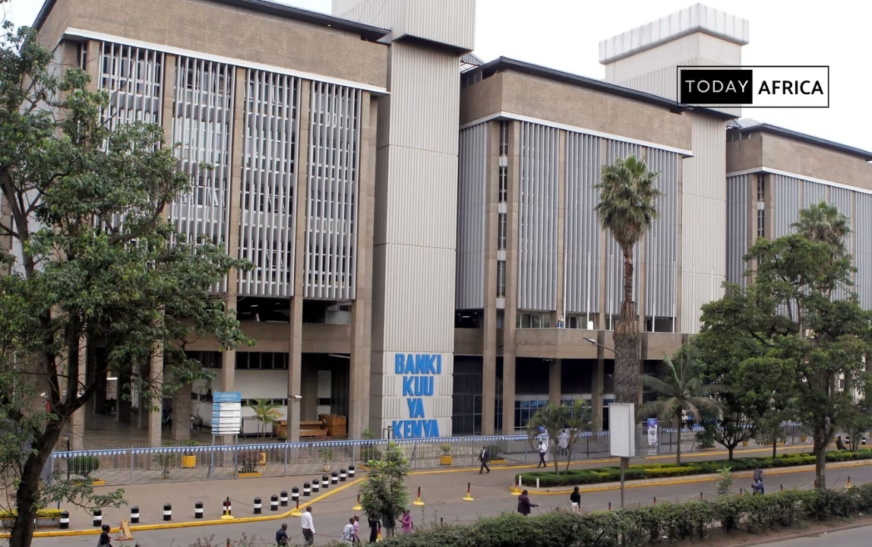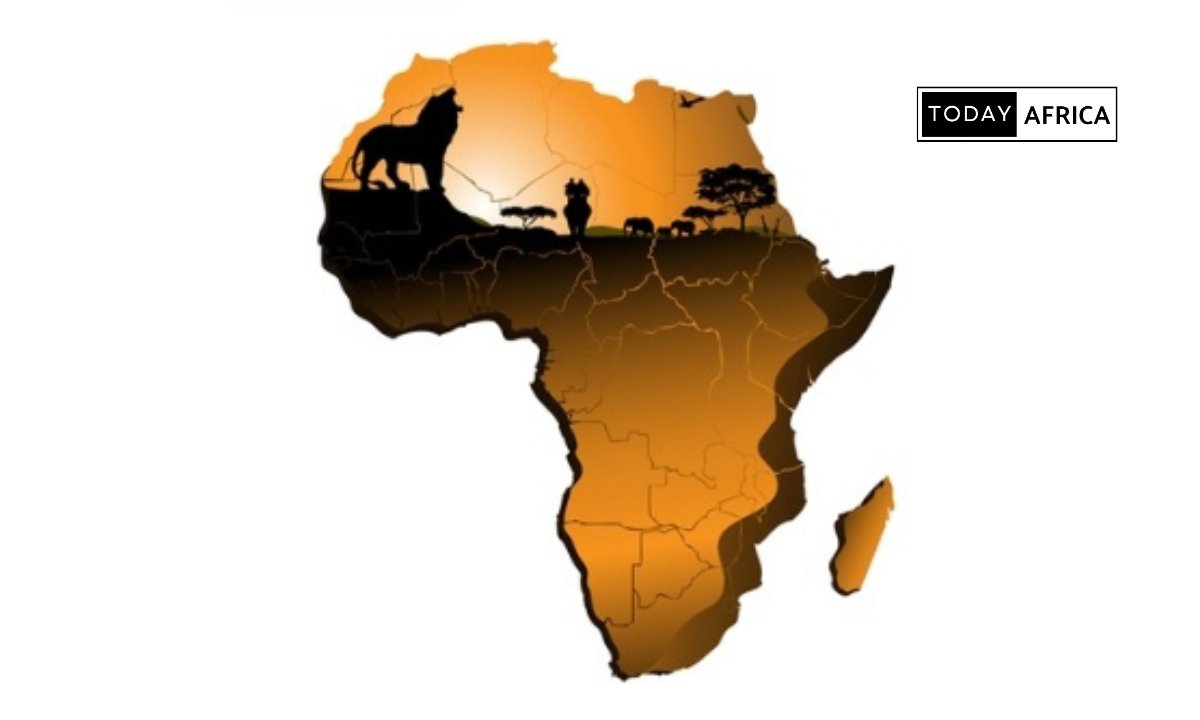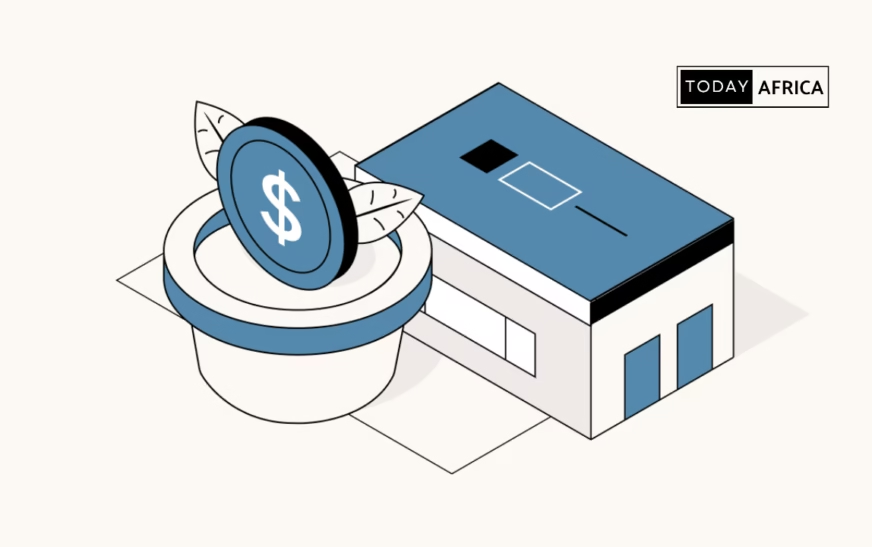Kenya’s disbursed 5.5 million loans worth KES 76.8 billion ($594 million) in the past three years, underscoring the scale of an industry that only came under formal regulation in 2022.
The Central Bank of Kenya (CBK) on Thursday cleared 27 additional providers, raising the number of licenced firms to 153.
The first batch of 10 licences was announced in September 2022, following years of public complaints about high costs, aggressive debt collection, and misuse of personal data by unregulated players.
Since opening applications in March 2022, the regulator says it has received more than 700 submissions.
Even as approvals grow, the CBK is preparing to tighten oversight again. It recently published a draft Non-Deposit Taking Credit Providers Regulations, 2025, for public consultation.
The proposed regulations will require any credit-only provider with at least KES 20 million ($155,000) in capital, borrowings, or loan book to obtain a CBK licence.
Smaller players would still need to register, creating a two-tier system to close regulatory gaps that left parts of the industry unchecked. Once the rules are gazetted, firms will have six months to comply, a short runway for a sector about to face closer scrutiny.
Read Also: NALA expands into Kenya with Equity Bank, Pesalink partnership
The draft rules also impose stricter data protections: limiting the information lenders can collect, setting boundaries on how it can be shared, and obliging firms to notify borrowers before submitting negative records to credit bureaus.
These proposed changes build on the 2021 Central Bank Amendment Act, which granted the regulator power over digital credit, and the 2022 Digital Credit Providers Regulations.
While those measures brought most firms under CBK’s oversight, regulators acknowledge gaps remain, particularly around customer data use and loan recovery practices.
Digital loans remain deeply popular in Kenya, supporting everything from school fees to small business financing.. The CBK is signaling that stronger consumer safeguards must now match the sector’s growth by making data protection a licencing condition.
Leave a comment and follow us on social media for more tips:
- Facebook: Today Africa
- Instagram: Today Africa
- Twitter: Today Africa
- LinkedIn: Today Africa
- YouTube: Today Africa Studio
















